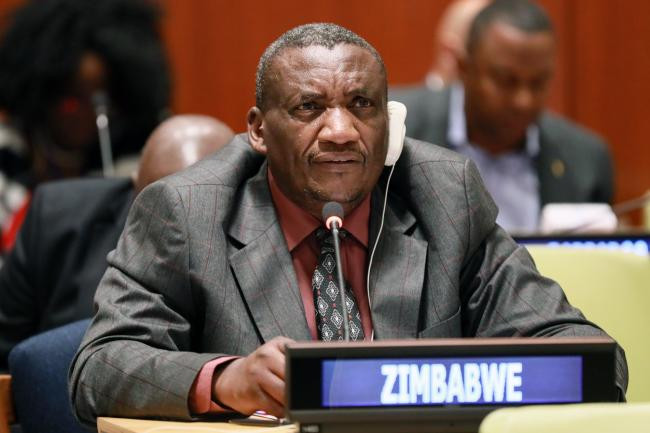
THE Department of Civil Protection (DCP) has revealed that it is ill-equipped to effectively address potential natural disasters due to a critical lack of funding saying it needs at least US$300 million for disaster preparedness and response.
In its recent seasonal report on rainfall incidents, the DCP said there was need for immediate financial support to implement the National Multi-hazard Contingency Plan for the 2023/24 rainfall season.
The report also called for the capacitation of the department.
“There is need to fully fund the National Multi-hazard Contingency Plan for the 2023/24 rainfall season to the tune of US$301 764 746 in order to capacitate civil protection structures for preparedness and response.
“There is need to capacitate District Civil Protection Committees with fuel and allowances to conduct rapid and comprehensive needs assessments,” the report said.
Zimbabwe has recorded 38 rainfall-related deaths while 2 247 households were affected since the onset of the rainy season, exposing government’s ill preparedness to urgently deal with unforeseen occurrences and natural disasters.
Recently, DCP chief director Nathan Nkomo revealed that they have to rely on other State agencies such as the police, the military, Health ministry and local authorities to respond to disasters.
Nkomo said mobilising resources and equipment from other agencies was cumbersome in times of disasters.
- Govt to distribute grain as hunger stalks millions
- Lalapanzi storm leaves trail of destruction
- DCP sets up evacuation centres as floods fears mount
- Flood-prone Gokwe North areas inaccessible
Keep Reading
Last year, Justice, Legal and Parliamentary Affairs minister Ziyambi Ziyambi and his counterparts from the Housing and Social Amenities and Public Service ministries were grilled in Parliament over the country’s perennial lack of disaster preparedness following loss of lives in previous calamities like Cyclone Idai and Cyclone Freddy.
Zimbabwe Coalition on Debt and Development recently called on the government to invest in equipment for the department to enable it to speedily and effectively respond to disasters and not rely on other agencies as is the case at the moment.
The United Nations Office for the Co-ordination of Humanitarian Affairs charter states that governments have an obligation to mitigate natural disasters and prevent their negative effect on fundamental human rights.
These include rights to life and shelter.
However, in the past, the government has failed to fulfil this obligation, notably during Cyclone Idai between 14 and 17 March 2019 as well as in the subsequent calamity of Cyclone Freddy leading to many deaths and massive losses of property.
Four years after the devastating Cyclone Idai that left hundreds dead in Chimanimani district, scores of survivors have deserted the land and houses allocated by government and went back to build houses at their old homesteads that were completely wiped out by the country’s worst floods in living memory.











